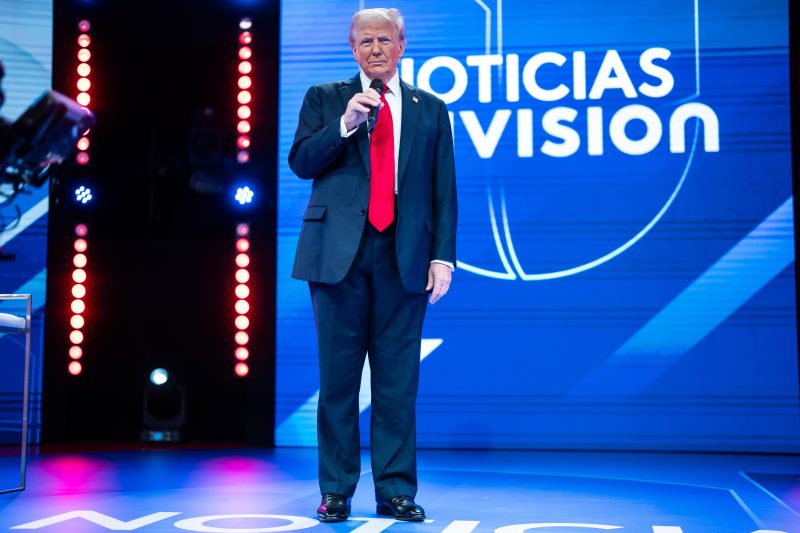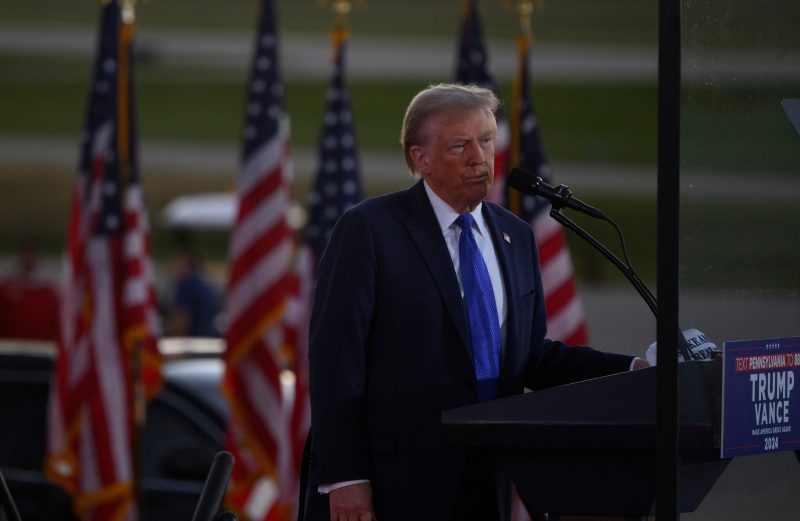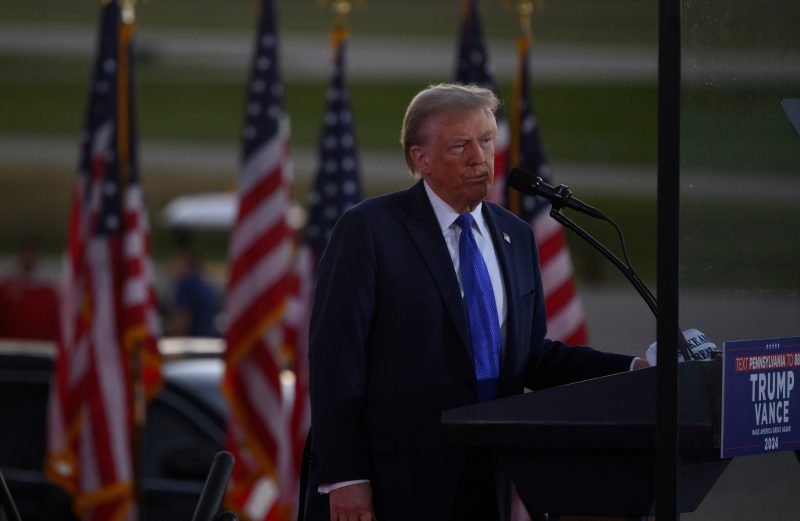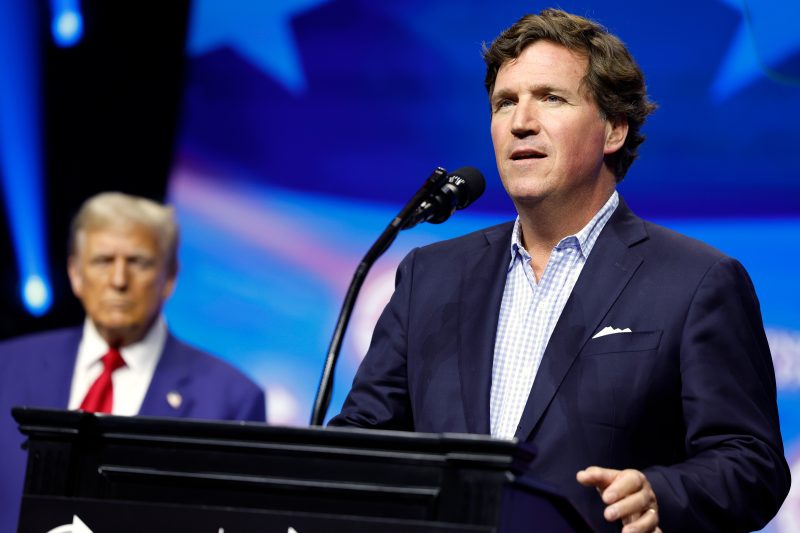
Trump drops the pretense, labels Jan. 6 insurrectionists ‘we’
Shortly after the dust settled on Jan. 6, 2021, Donald Trump’s allies went to great and strained lengths to distance the then-president from the insurrectionists who had stormed the U.S. Capitol. They falsely linked the attack to antifa and supposed government “provocateurs” — claims that had no basis then and still don’t.
“These people don’t look like Trump supporters,” Newsmax host Greg Kelly claimed. Fox News host Laura Ingraham declared rioters to be “people who can only be described as antithetical to the MAGA movement.” Trump’s impeachment lawyers claimed he was “horrified” by the violence.
In the intervening four years, though, Trump himself has expressed an increasing amount of sympathy for the rioters — not just for their humanity and purported legal persecution (he has repeatedly floated pardons), but also for their actions. He has clearly sought to retcon that day from one of national shame to one that is to be, in many ways, celebrated.
That culminated Wednesday night with a very choice word: “we.”
Appearing at a town hall hosted by Univision, Trump was confronted by a self-identified Republican named Ramiro González who cast Trump’s actions surrounding Jan. 6 as a dealbreaker for him. González challenged Trump to win his support.
But Trump made no apologies for that day. What he instead did was actually link himself to the rioters — stronger than he ever has before.
“There were no guns down there; we didn’t have guns,” Trump said, before repeating: “The others had guns, but we didn’t have guns.”
The first thing to note is that’s false; Trump supporters did have guns and many other weapons. But also consider what Trump has done rhetorically. He cast the insurrectionists as a “we.”
It’s actually not the first time Trump has seemed to do this. But the last time, Trump’s comments weren’t so clear, and he apparently caught himself. At last month’s presidential debate, Trump cited “we” before shifting to “this group of people.”
“And nobody on the other side was killed,” Trump said during the debate, while noting the death of his supporter, Ashli Babbitt, who was shot while crawling through a broken window close to the House chamber. Trump added, “But we didn’t do — this group of people that have been treated so badly,” without finishing the thought.
In fact, five police officers died shortly after the Jan. 6 attack. And if Trump’s meaning during the debate wasn’t clear, it became abundantly clear Wednesday night.
The police are the “other side” and “the others.” The insurrectionists are “we.”
Given his stilted response at the debate, there’s some question about how intentional this is and whether Trump merely slipped up by calling the rioters “we.”
Trump clearly wants people to forget and misunderstand the events of Jan. 6, because it was the biggest stain on his presidency; a historic number of Republicans voted to impeach and convict him over it, and many others acquitted him only on a technicality — while still blaming him to varying degrees.
You could also certainly argue that Trump casting this as a day to celebrate serves his more authoritarian impulses; these were people who rose up in his name, and there’s plenty of evidence that he liked that and wants to promote that sort of impulse in his base.
And there’s evidence that his and his allies’ efforts at Jan. 6 revisionism have blunted its impact on the 2024 campaign. Republican voters have effectively dismissed this as a concern and overwhelmingly embraced him. The most striking poll, in mid-2022, showed the percentage of Republicans calling it a “legitimate protest” had surged, while those calling it an “insurrection” and even a “riot” fell sharply from just a year prior. More actually labeled it a “legitimate protest” than a “riot.”
But there’s also danger with the broader electorate in so closely associating yourself with the rioters, whom Americans writ large have little sympathy for.
A Washington Post/University of Maryland poll this year showed just 12 percent of Americans said the rioters “defended democracy,” while a clear majority — 58 percent — said they “threatened democracy.”
There are also limits to an embrace of the rioters even in the GOP. Fewer than half of Republicans in that poll agreed with Trump that the Jan. 6 defendants’ punishments were “too harsh.” Another poll last year showed just 24 percent of Republican primary voters preferred a candidate who supported those who entered the Capitol.
It’s possible that has changed somewhat as Trump has increasingly bear-hugged the rioters as the 2024 election has worn on; we don’t have a lot of good, more recent data.
But those numbers would seem to confirm that Trump is truly testing Americans’ willingness to write off that day and his supporters’ willingness to lump themselves in with that “we.” And it’s not just a 2024 election issue; it’s also a more lasting test for the strength of our democracy.



